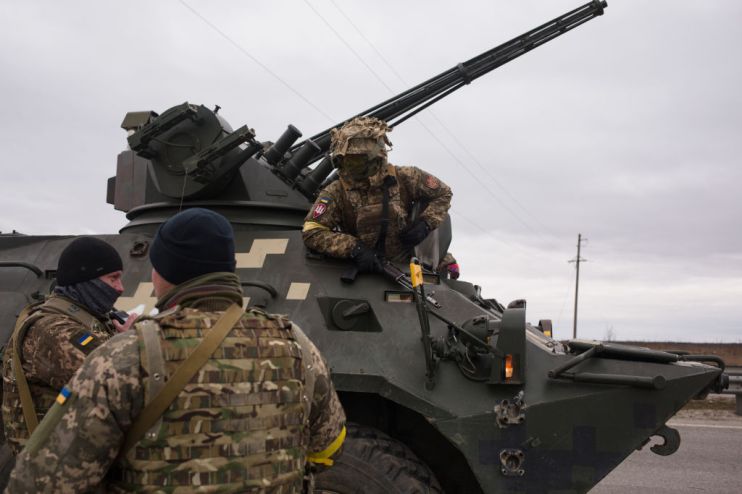London law firms cannot continue to quietly take Russian money and clients

In the face of Russia’s invasion of Ukraine, the silence from board rooms across the City’s law firms has been deafening. For too long now, global law firms with London bases have profited from work for Russian entities and oligarchs.
Now, faced with dilemmas over taking a stand publicly and shunning Russian interests, many of those law firms are keeping quiet, presumably nervous over losing substantial fees from clients who would take a dim view of being publicly vilified by their longstanding trusted advisors.
Law firm leaders need to be cautious about what their stance on Russia says to their client base and their lawyers. Staying quiet on Russia’s actions will ultimately tarnish their reputations as their talent and clients flee in droves.
Four British lawyers have already been publically named by Conservative MP Bob Seely for obstructing sanctions against Russian oligarchs. Following Seely’s comments, Boris Johnson has announced that law firms could face penalties if they frustrate efforts to sanction Putin’s henchmen.
The Law Society President, I. Stephanie Boyce has defended these firms saying that “it’s the job of solicitors to represent their clients, whoever they may be, so that the courts act fairly.” It is a disappointing argument at such a pertinent moment in history when lawyers should be working to stop Russia breaking international law and conventions. Everyone has the right to legal representation, but lawyers do not have a duty to represent anyone who can pay, particularly when morals and values are in question.
Top firms hold their position because they represent the most prestigious companies. And blue-chips are fleeing Russia quickly: BP has taken a multi-billion hit to revenues to divest from Rosneft and Shell is following suit, Maersk is suspending shipments and Dell is refusing computer sales to Russia. These multi-nationals and their shareholders are taking significant pain to do the right thing. They will have likely be reticent to work with law firms refusing to do the same.
For the high-paid lawyers that make up the talent pool of these international law firms, there are some stark trends emerging. Widespread disgust with the regime’s actions is already causing real risk to talent attraction and retention. Legal recruiters are already using the law firm’s position on Russia as an aggressive targeting tactic. One London-based managing partner of a law firm with significant Russian work has even taken the step to voluntarily step down, emphasising his firm belief in justice and peace.
The firms that take a stand will hoover up fleeing talent. Take Allen & Overy, for example, who is refusing to take any new matters from Russia despite having 24 lawyers in Moscow and tens of millions in Russian-linked revenue. Likewise, Greenberg Traurig who is donating up to $2m to support humanitarian relief efforts for Ukraine and stands ready to provide pro bono legal services as needed for Ukrainian refugees.
I understand the difficult position that city firms find themselves in, but this is not a time to keep quiet until this blows over. A fundamental geopolitical shift is occurring and the cultures of law firms constructed over decades are at risk. International law firms especially need to follow political and diplomatic responses, and isolate Russia.
Wise firms are reviewing their international strategy. This will serve them well in the procurement process for blue chip clients for years to come. It will also help attract the top talent, which they are desperate to do as they aggressively expand their businesses.
Now is the time for law firms to stand firm in their resolve, not only because it’s the right thing to do morally, but also for the sake of their business.
